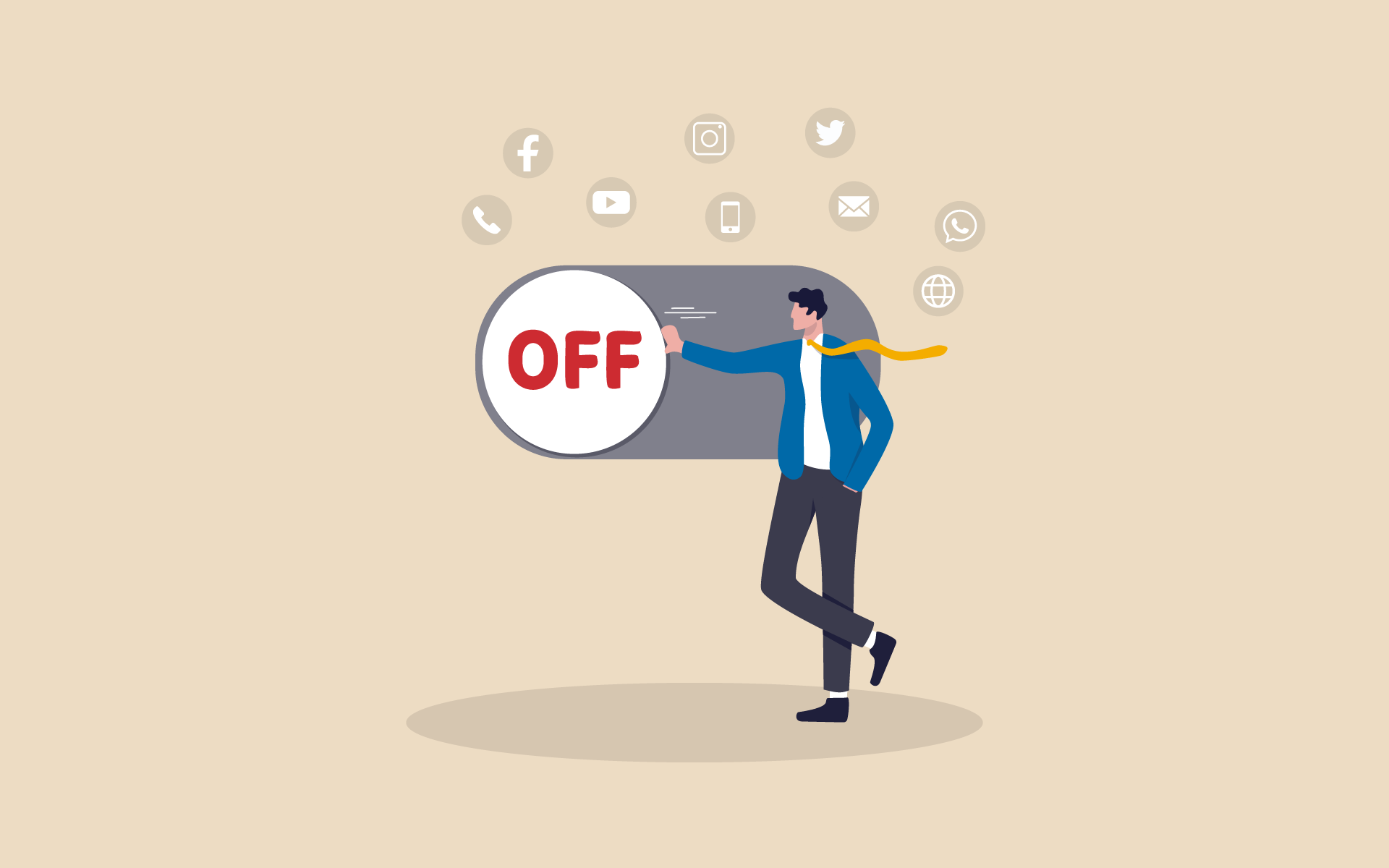The term ‘digital detox’ was coined in 2012 by Levi Felix and Brooke Dean, advocates for tech wellness.
It means unplugging from some or all digital devices and apps, including computers, smartphones, and social media.
It’s a response to another new term ‘technopherence’, coined in 2016 by psychology and well-being researchers, Brandon McDaniel and Sarah Coyne, who were studying the effects of technology on relationships.
‘Technopherence’ is not a new phenomenon. We’ve been saturated with screens since TV and computers were invented, but the advent of smartphones and social media has ramped up our connectivity and time on screen.
In 2020, eye-care specialists, Vision Care, commissioned a study to evaluate how much time people spent looking at screens. The findings were eye-opening.
People in the UK will spend on average 4 866 hours a year, or 34 years of their life, staring at screens. For Americans, the toll equates to 44 years of their life.
Worse, maybe, is that all the respondents consider “less than half the time on digital devices to be actually productive”.
In a review of coping strategies in the smartphone era, for Mobile Media and Communication, the authors argue that smartphone use affects health and wellbeing, performance, and social interactions.
It’s also related to higher depression rates and anxiety, sleep difficulties, and lower work productivity and engagement.
The reviewers also refer to ‘phubbing’, being snubbed in favour of someone’s phone, a practice that negatively affects relationships.
It’s not difficult to see why it’s considered a mental health necessity to take a break from screentime. But that’s not to say it’s easy.
Social media platforms have been purposely created to hook users through persuasive design and short-term dopamine-driven feedback loops.
If you’re able to, set aside time to disconnect from your devices, especially if you plan to take a holiday over the festive season.
If that’s not possible, limit the time you spend on social media, and switch off your devices when you’re with friends and family.
Leave work emails to their allotted 8-to-5 slot. This is so significant, that in 2016, France instituted a new ‘right to disconnect’ law to stop employers from expecting responses to emails after hours.
Our devices are here to stay, but an occasional digital detox will ensure that you’re in control of your devices, rather than the other way round.

Leave a Reply